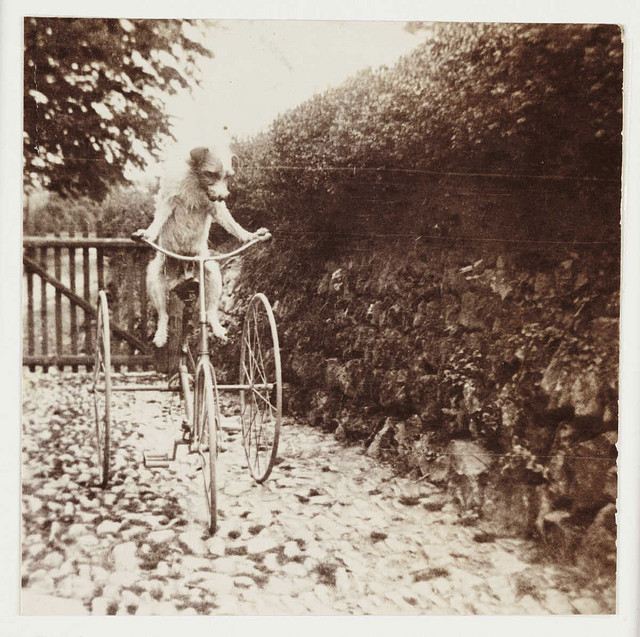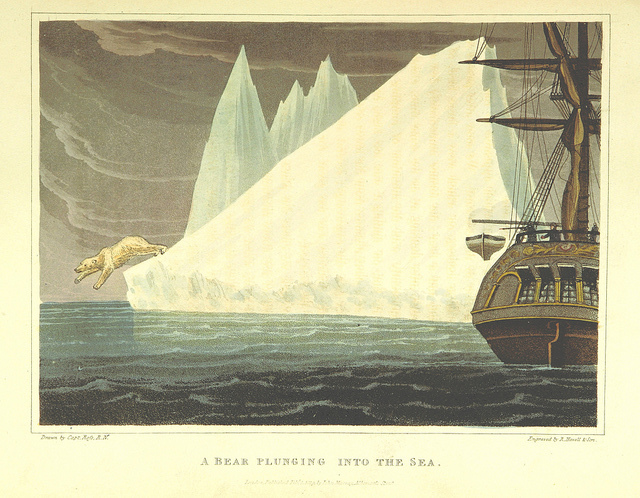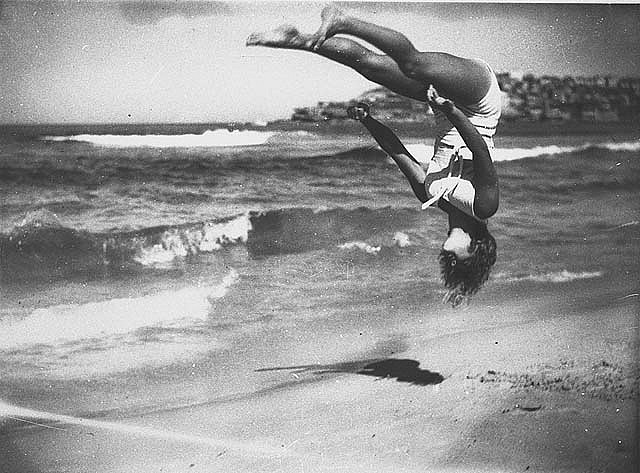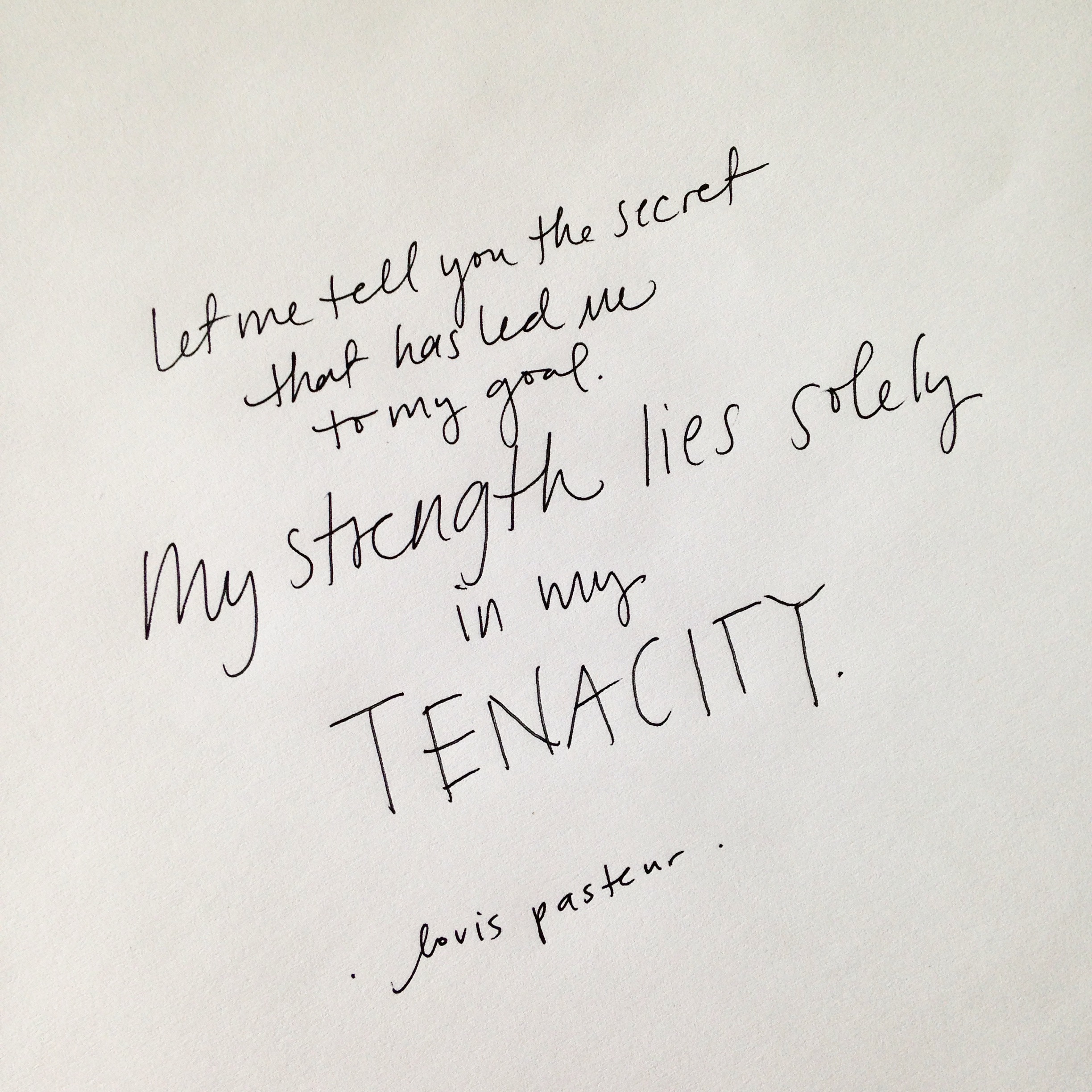Starting over: with the most essential ingredient in a writing life.
/March. The first month that sounds like it might have Spring in it. Like mayyyyybe we are done with winter and colds and flu and all that frozen-toe nonsense. And it strikes me as a wonderful month to begin something.
Maybe even something kinda BIG.
For me, March holds two big beginnings: in a couple of weeks, I'll reopen my trilogy and start revising. Always a big deal.
And then, obviously, I've restarted this blog, setting off in an updated and refreshed direction. New ideas, new look, and more clarity on topics and content ideas...
Fresh starts. Mmm. Doesn't that just get the blood going?
... And the fears yapping??
Starting something new, or restarting a current project, or taking a new turn, or updating an outlook--all those big beginnings and microbeginnings that are part of the process--they're all a big invitation for the fear monkeys to come clamoring.
Right? Right??
Hence the refreshed title of the blog: this talk about the lionhearted writing life.
It's only recently that I've realized that courage is what stands at the crossroads of a strong writer's heart and a strong writer's skill. It takes a whole bunch of being brave to write well. Heck, it takes courage even to practice until you can write well.
For that matter, courage is at the crossroads of anything that is worthwhile. Any new direction that you're called to take.
Now that I know guts are so important to my writing life, I see things differently. A lot of things.
I value courage more. I try to seek it out, strengthen it where I do find it, and invite it to go a bit deeper. I want to be crazy-brave when it comes to writing. When it comes to anything worth doing.
What is it that you're beginning?
Maybe you're teetering on the edge, not sure if you're going to go forward or step back. Or maybe you're in deep mid-project--which itself has a thousand small beginnings. A million tiny starts. (New chapter, new resolve, new thread, new attempt, new schedule, new routine, new week, new--)
Beginning anything takes courage.
And courage... well, maybe it gets a bit easier with community. Maybe it's a bit easier to leap when you're holding hands?
I'll be your beginning buddy, if you want.
Let's make March the month of fresh starts.
Let's do this.
Wanna keep reading? Check out The Comforting Power of Dumb Determination and The Truth about Terrible Writing.
Know a writer who could use this post? Please pass it along! We can all be brave beginning buddies! (And anything else alliterative!)



























